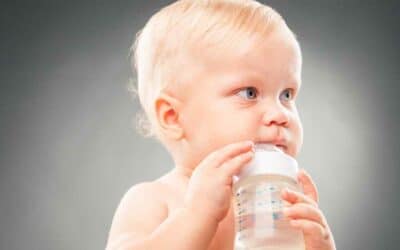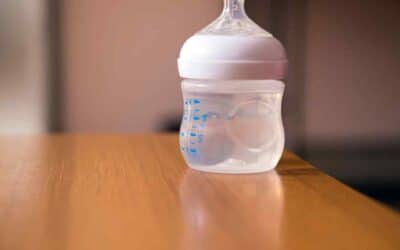Hydration, as many know, is essential for life. For our tiniest humans—babies—maintaining the right balance of fluids and minerals is of paramount importance, given their delicate physiology and rapid growth. Most parents are familiar with the concept of hydration, but fewer might be versed in the intricate dance of minerals called electrolytes that play a pivotal role in this process. These tiny charged particles go beyond just quenching thirst; they ensure that a baby’s bodily functions operate optimally.
In this article, we delve into the crucial role of electrolytes in baby hydration, offering insight into their importance, the potential consequences of imbalance, and guidance for ensuring your little one remains healthy and hydrated. Whether you’re a new parent or a seasoned caregiver, understanding electrolytes can make a significant difference in the health and wellness of your baby.
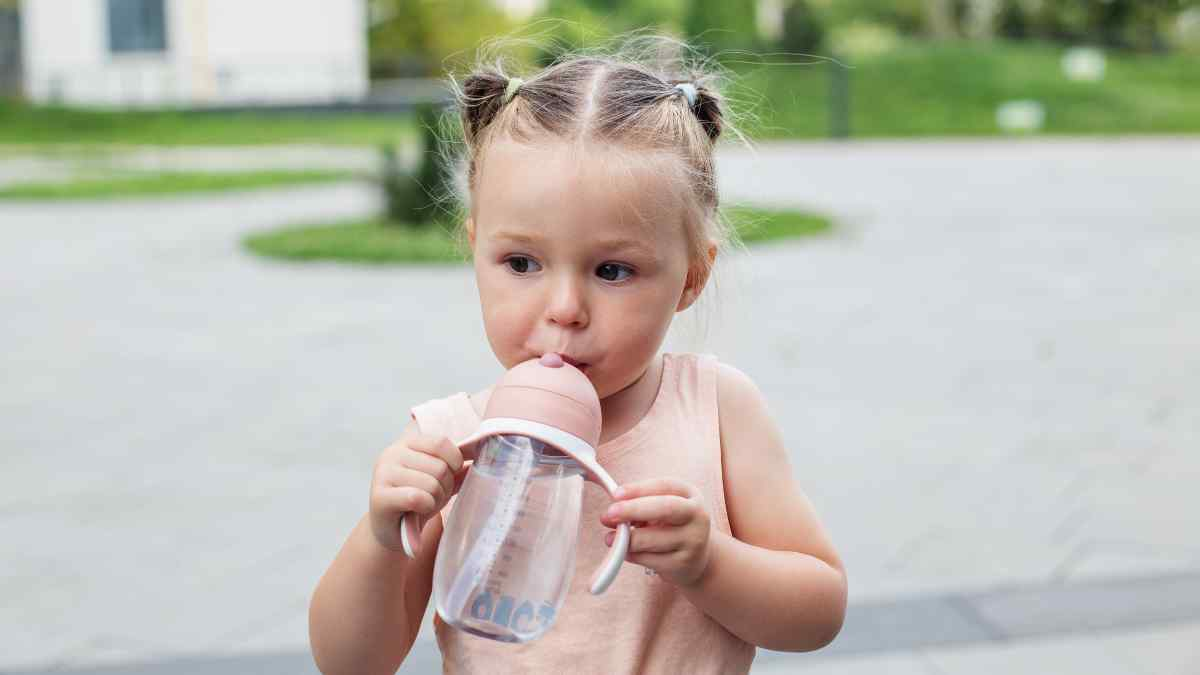
Understanding Electrolytes: The Basics
Electrolytes, often mentioned when discussing fluids and electrolytes, are essential minerals that carry an electric charge. They play pivotal roles in numerous bodily functions, especially when it comes to maintaining a fluid and electrolyte balance. When one talks about a “fluid and electrolyte imbalance,” they are often referring to an off-kilter concentration of these minerals in the body.
Common Electrolytes Include:
- Sodium
- Potassium
- Chloride
- Calcium
- Magnesium
- Bicarbonate
- Phosphate
- Sulfate
Young children, particularly low birth weight infants and premature infants, are at an increased risk for fluid and electrolyte imbalances. In the neonatal period, given their developing renal function, these infants may struggle with maintaining their fluid balance. Factors like gestational age and whether they were fed human milk or formula can further influence their electrolyte requirements.
Fluid and electrolyte disturbances can arise from various situations. For instance, vomiting or diarrhea can rapidly cause fluid loss leading to dehydration. Mild dehydration may manifest as thirst and dry mucous membranes, but more severe dehydration can lead to symptoms like decreased urine output, abdominal pain, and lethargy. When children experience severe dehydration, their electrolyte drinks or oral rehydration solutions might not suffice. If not addressed within 24 hours, these imbalances can become life-threatening.
Oral rehydration solutions, unlike plain drinking water or even sports drinks, are specially formulated to replace lost fluids and essential minerals. In extreme cases, children may need intravenous fluids to quickly restore fluid and electrolyte balance. The usual dose might be recommended by a children’s hospital specialist, considering the body weight and the severity of dehydration.
Parents might notice symptoms like frequent urination or dry skin turgor in older children, indicating a fluid and electrolyte imbalance. In such situations, consulting the child’s pediatrician is vital. For children engaging in strenuous exercise or being exposed to hot weather, they are more prone to fluid loss through profuse sweating. Here, the risk factors for electrolyte imbalances increase, and parents must ensure they keep their child hydrated.
Electrolytes like sodium and potassium are particularly crucial. Sodium potassium imbalances, for instance, can lead to blood pressure issues and even cardiac arrhythmias. Neonatal care specialists often monitor serum sodium and serum potassium levels closely, especially in babies born before term, as they retain sodium differently and have varied potassium excretion rates.
Electrolytes are undeniably more than just components of our hydration strategy. They are central to the very function and structure of our body, from the smallest cell to the most intricate neural network. While we’ve discussed the pressing need to prevent dehydration, especially in babies, understanding the multifaceted roles of electrolytes underscores the importance of choosing the right oral rehydration solutions and being attuned to a child’s fluid requirements. As caregivers, a holistic perspective on hydration and electrolytes will undoubtedly guide us in ensuring the well-being of our little ones.
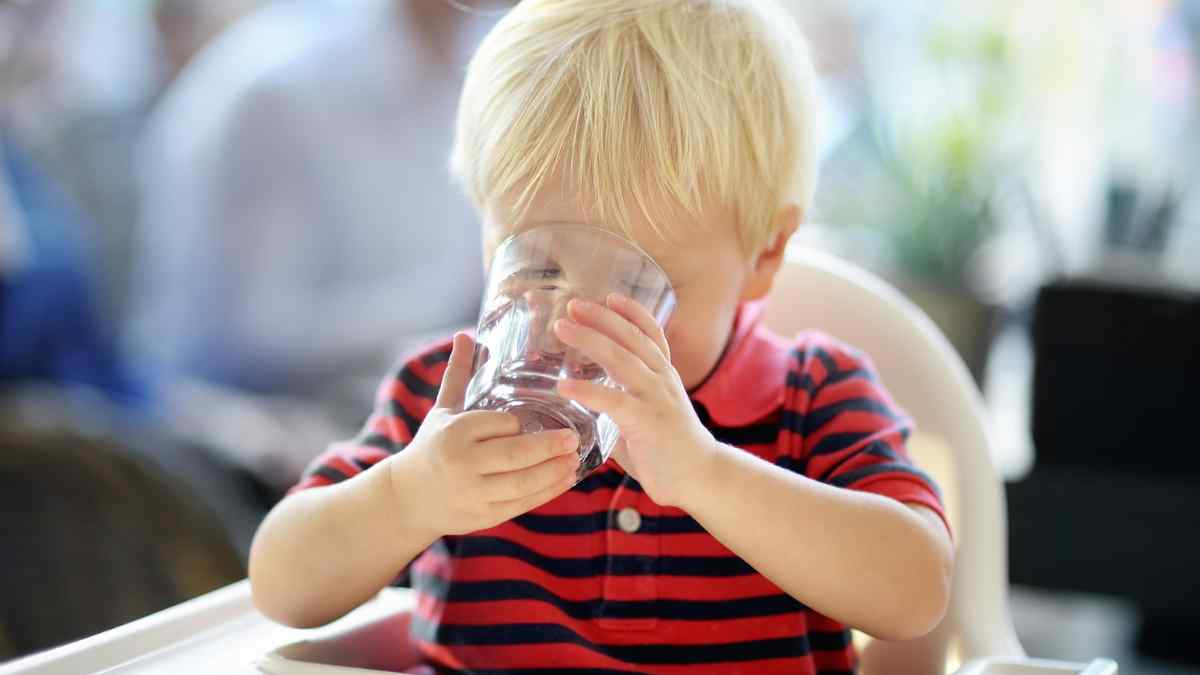
Why Hydration is Crucial for Babies
After understanding the role of electrolytes in the body and the common types present, it’s essential to highlight the particular significance of hydration, especially for our youngest members of society. Babies, being the delicate and unique beings they are, have specific hydration needs that differ remarkably from adults.
A Delicate Composition: Babies’ High Water Content
One remarkable fact about babies is their water composition. Compared to adults, babies have a much higher body water content. This water is predominantly found in the extracellular fluid, making them exceptionally vulnerable to fluid and electrolyte imbalances. Given their unique body composition, maintaining their fluid balance is of utmost importance. A fluid and electrolyte disturbance can quickly affect a baby, and parents need to be vigilant about providing them with appropriate fluids, such as breast milk for infants, to maintain this delicate balance.
The Dance of Fluid Balance
The harmony of fluids and electrolytes in a baby’s system is nothing short of a meticulous ballet. As we’ve learned, electrolytes like sodium, potassium, and chloride are pivotal for several bodily functions, from maintaining blood pressure to ensuring nerve and muscle functions. For babies, any upset in this fluid balance—whether from too much fluid or not enough—can lead to significant consequences. This is where electrolyte drinks, oral rehydration solutions, and even plain water for older children can play a part. Especially in hot weather or after strenuous exercise, ensuring a child remains hydrated is paramount.
The Dire Consequences of Dehydration
For such tiny beings, babies can suffer disproportionately large consequences from dehydration. Symptoms can range from the mild, such as dry mucous membranes or increased fluid requirements, to more severe, like abdominal pain and changes in their respiratory tract.
In the face of dehydration, children may lose electrolytes at an alarming rate. Their serum sodium and serum potassium levels can swing, leading to a plethora of complications. Electrolyte imbalances, especially in premature infants or those with specific health concerns, can have long-term impacts on their health.
When a child may be dehydrated, a physical exam by a pediatrician or a specialist from a children’s hospital is crucial. They will check for signs like reduced skin turgor or changes in body weight, offering guidance on how to restore balance, be it through oral rehydration or more intensive interventions. Neonatal perinatal medicine specialists, in particular, are trained to recognize these signs early and act swiftly.
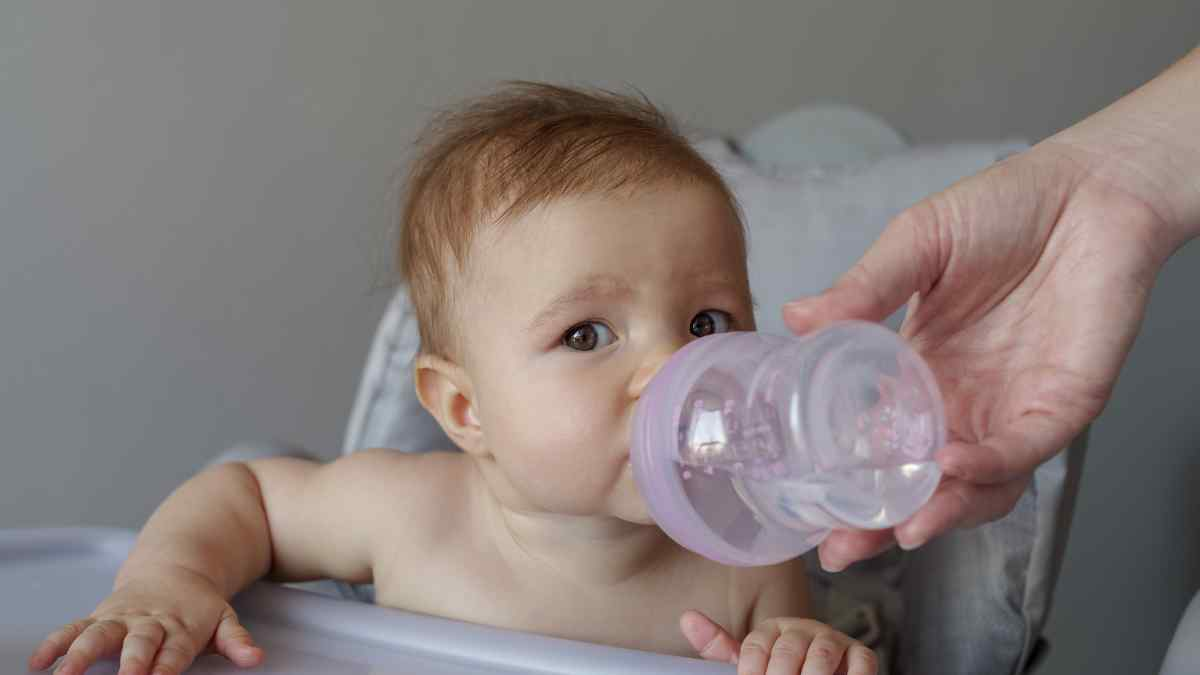
Electrolytes: Beyond Just Hydration
While we have previously delved into the importance of hydration, especially concerning the high water content of babies and the dire consequences dehydration can pose for them, it’s time to explore a deeper dimension: the role of electrolytes beyond just hydration. As we venture further into this topic, we’ll uncover how these tiny, water-soluble minerals are not just about quenching thirst or balancing fluids but play integral roles in the body’s fundamental processes.
Nerve and Muscle Function: Electrolytes at Play
At the heart of every movement, thought, or sensation is the coordination of our nervous and muscular systems. Electrolytes, particularly sodium and potassium, are fundamental in this choreography. A minute electrolyte imbalance can disrupt the electrical impulses that nerves use to communicate, potentially leading to muscle cramps or more severe neurological consequences. This is why oral rehydration solutions, which contain specific concentrations of electrolytes like sodium chloride and sodium bicarbonate, are preferred over sports drinks or plain fluids in severe dehydration cases. They not only replenish fluids but also restore the vital electrolyte balance required for nerve and muscle function.
Acid-Base Balance: Maintaining Equilibrium
Another crucial role of electrolytes is in maintaining the body’s acid-base balance. Our blood’s pH, a measure of its acidity, needs to be carefully regulated. Deviations can lead to significant complications, such as disturbances in heart function or blood pressure. Electrolytes, especially bicarbonate ions, help buffer against changes in pH, ensuring our body remains in a stable, optimal state. In instances where there’s too much fluid loss, like profuse sweating or illness, the child may develop acid-base imbalances. This makes the task of keeping a child hydrated even more essential.
Cellular Operations: The Foundation of Life
On a microscopic level, every cell in our body relies on electrolytes for its basic operations. From the generation of energy in the form of ATP to maintaining the cell’s structure and function, electrolytes are ever-present. Potassium and sodium orchestrate the delicate balance of fluid inside and outside the cells, vital for nutrient transport and waste removal. For babies, especially those fed human milk, the balance of these electrolytes in their diet is instrumental in supporting robust cellular function as they grow.
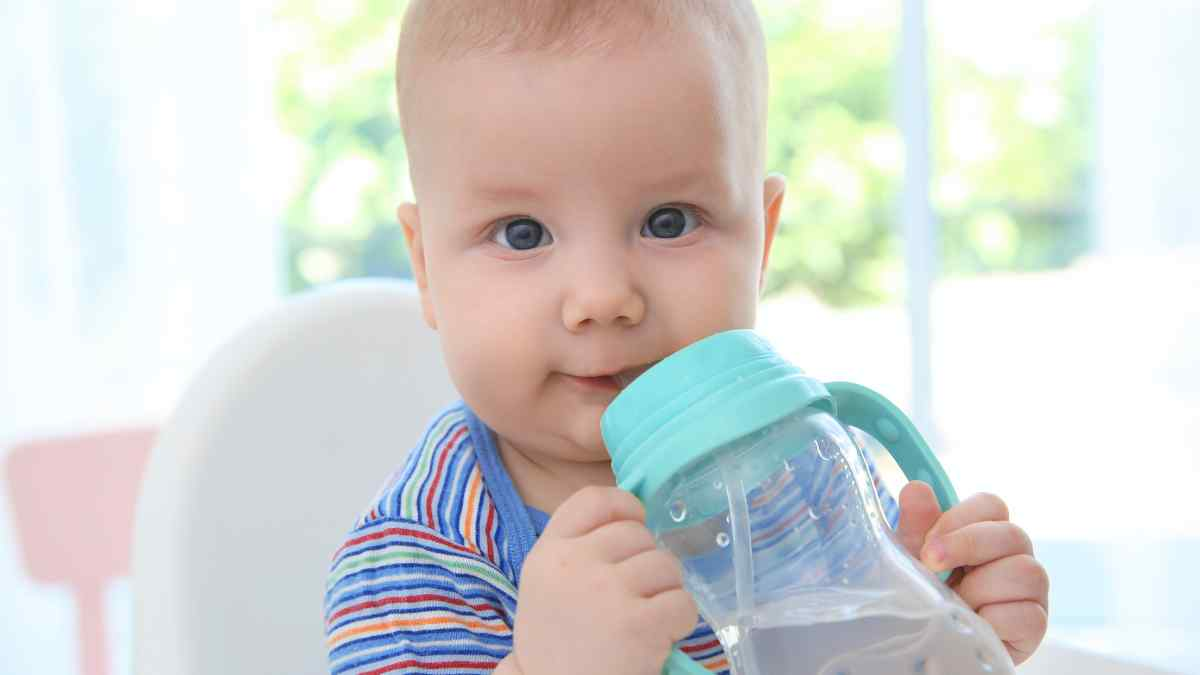
Conclusion
The journey through the world of electrolytes underscores the intricate tapestry of human physiology, especially in our most vulnerable: babies. As caregivers and parents, understanding the symphony of fluids and electrolytes is not just academic but an essential toolkit in ensuring the health and wellness of our little ones. Babies, with their unique physiological needs, underscore the gravity of maintaining hydration and electrolyte balance.
This knowledge transcends the simple act of quenching thirst; it dives into the core of cellular function, nerve coordination, and overall bodily harmony. In the vast expanse of parental responsibilities, staying attuned to these subtle yet crucial nuances can be the key difference between adequate care and optimal nurturing. Embracing the dance of electrolytes and hydration is not just about sustaining life but about enhancing the quality of life for our tiniest humans.
Did this article help you? Let us know by commenting below. If you have any questions, please don’t hesitate to ask.

